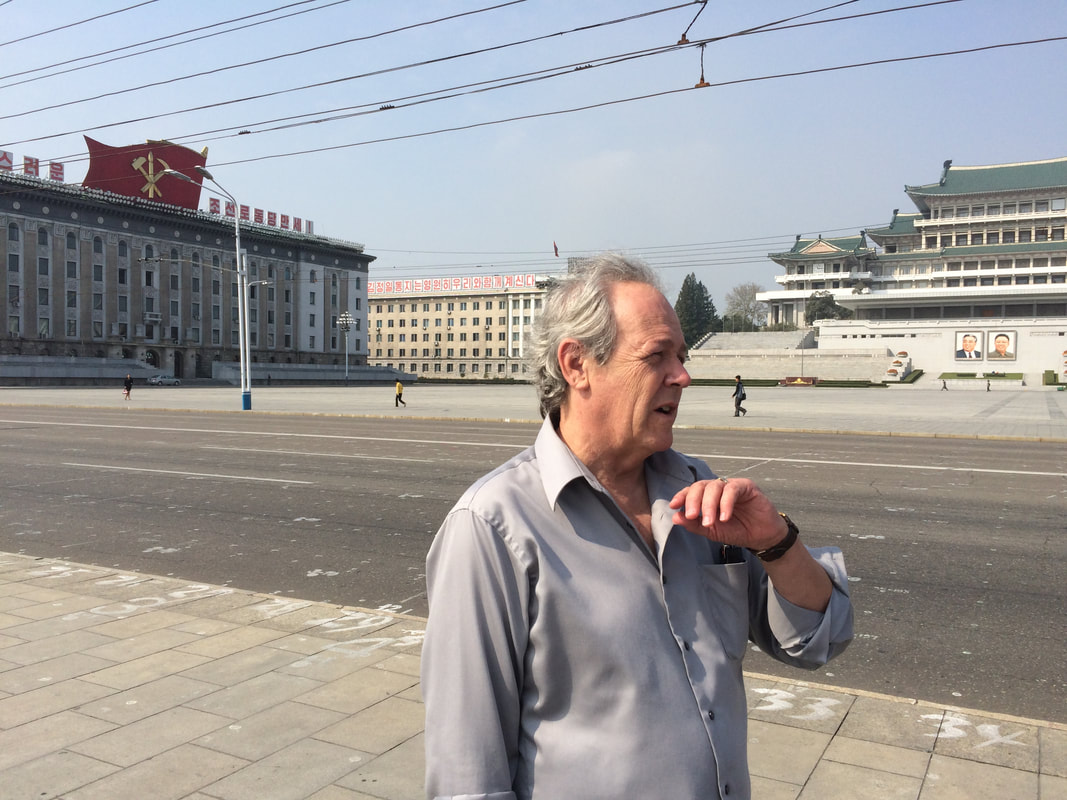|
Short Term Relationships
A year has passed since the DPAA’s director left us mid-leap toward a new direction. The search for the next leader goes on, but it may be futile in the end. Turnover in the DPAA/DPMO’s director position has become regular happenstance. They come and go like the seasons, with minimal impact on the mission they direct. There are reasons for this. The role is demanding, thankless in many ways, and often answers to temporary players and vacant offices in the chain of command going upward. Four Secretaries of Defense have passed through that office during the past eight years. The leadership positions directly below the SecDef change as frequently. There are few developed relationships that can build the mission within this hierarchy; little direction. The current acting Director of DPAA may achieve longevity records just holding down the fort. The Coalition is a casual observer during these changes in leadership. The time and effort spent researching possible candidates, submitting recommendations then championing a favorite, even writing this article, become meaningless when the door to the office revolves so soon after the appointment is made. That time and effort are better spent reaching beyond the empty offices and revolving doors, focusing on the real policymakers in the White House and Congress. They are the designers of the agenda handed down the chain of command. If and when the DPAA director position is filled, the Coalition’s role will have been to help influence the policies she or he will carry out. Long Term Relationships Progress that really matters will come from relationships beyond the DOD’s accounting mission. The Coalition’s relationships with Congressional offices, nongovernment organizations, and dedicated individuals are consistently productive. Through them, we have sat across the table from North Korea’s vice foreign minister and discussed remains return, introduced declassification legislation into the U.S. Senate, met with state department officials and a special consultant to the President. These partnerships with nongovernmental organizations and congressional staff members are where success within the mission lays. They mature and diversify, as well: The executive director of a NGO introduces us to a Senate committee staffer with long-standing support for pow/mia issues. The executive director later leaves the NGO, and is followed in the position by the same congressional staffer, who later sets us on a path with other NGOs that leads to direct negotiations with North Korea. Follow that? Legislative staffers of retiring Congressional members, or those who don’t win reelection, move on to new offices. The relationships carry over. All along the way, critical meetings are arranged, important letters are written, and new connections are made. Lasting accomplishments within the mission are measured in these baby steps. Identifications made today happen because of steps taken years ago. We all wish for the big swoosh of movement that will answer all our questions. For some reason, the pow/mia. mission has never been meant for easy answers. Meanwhile, our loved ones are on dedicated policymakers’ minds and in their hearts. We are not alone, and we owe these unsung colleagues a great deal of appreciation.
0 Comments
|
AuthorRick Downes is President of the Coalition of Families of Korean & Cold War POW/MIAs. Rick's father, Lt. Hal Downes, went missing-in-action in North Korea, January 13, 1952. Hal was 26 years old. Rick was three. Archives
May 2018
Categories |


 RSS Feed
RSS Feed